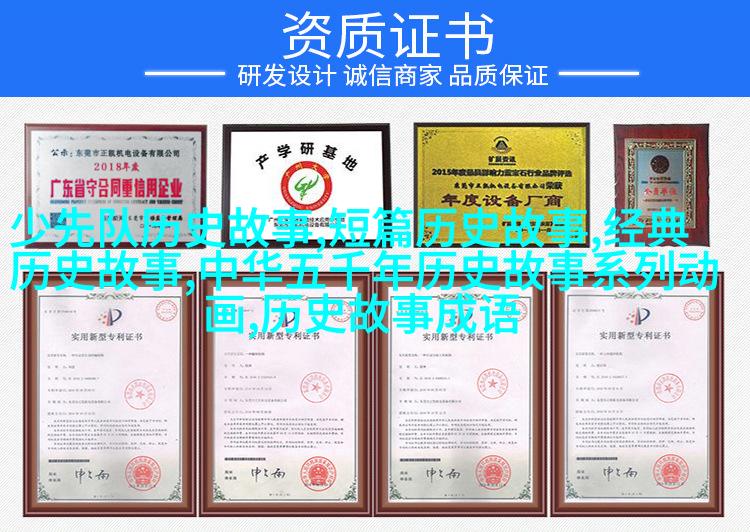
Unveiling the Glories of Ming Dynasty A Journey Th
Unveiling the Glories of Ming Dynasty: A Journey Through Time

The Founding and Rise to Power
The Ming dynasty, founded by Zhu Yuanzhang in 1368, was a significant turning point in Chinese history. After overthrowing the Mongol-led Yuan dynasty, Zhu established his capital at Nanjing and named himself Hongwu Emperor. He implemented a series of reforms that aimed to strengthen the central government's control over local authorities and restore social order.

Economic Prosperity and Cultural Advancement
During the early years of Ming rule, China experienced a period of economic prosperity known as "Ming Revival." Agriculture flourished due to advanced irrigation systems, while industries such as silk production and porcelain manufacturing thrived. The country also witnessed an era of cultural advancement with great achievements in literature, art, architecture, science, technology, mathematics astronomy navigation etc.

Military Strengths
The Ming military played a crucial role in maintaining national security during this period. With its large standing army and powerful navy equipped with advanced cannons called "Fire Lances," the Ming empire managed to repel foreign invasions from neighboring countries like Japan and Mongolia.

Foreign Relations
Despite maintaining its territorial integrity through effective military strategies, the Ming court engaged in diplomatic exchanges with neighboring countries like Korea (Joseon), Vietnam (Later Lê), Ryukyu Kingdom (present-day Okinawa), Nepal (Gorkha Kingdom) & Central Asia (Oirat Mongols). It also sought trade relations with European nations such as Portugal through Macau.

5 Decline & Legacy
However towards end of 16th century internal corruption bureaucratic inefficiencies natural disasters coupled with external pressures from Manchu-led Qing dynasty led to decline & eventual fall of Ming dynasty In 1644 Li Zicheng's peasant rebellion succeeded in capturing Beijing leading Emperor Chongzhen committing suicide on September 18th marking end Of ming dynasty Though it faced many challenges throughout its reign the legacy Of ming remains profound shaping modern china's culture politics economy society
Note: This article is based on historical facts but may contain minor inaccuracies or oversimplifications for brevity purposes



